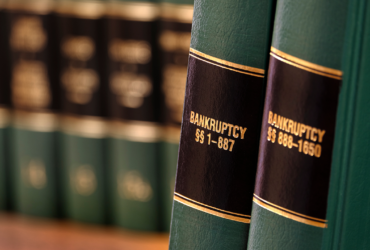In bankruptcy, property that is determined to be “exempt” cannot be liquidated and distributed to the debtor’s creditors
Exempt property is a legal property classification in a bankruptcy proceeding that allows the debtor to keep and protect certain property from being sold or otherwise liquidated. Most states have adopted their own exemption laws, which the debtor can select instead of selecting from a list of federal exemptions
Examples of property usually considered to be exempt:
- Primary vehicle under a certain market value
- Clothing
- Household goods considered reasonably necessary
- Household furnishings considered reasonably necessary
- Almost all household appliances
- Jewelry with a limited market value
- Pensions
- Tools of the trade
- Public benefits, including welfare, social security, and unemployment assistance




